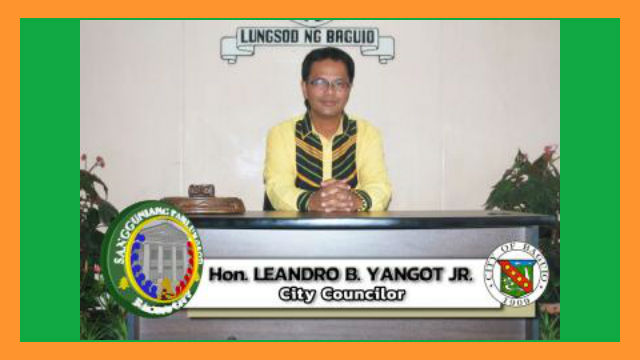BAGUIO CITY – The City Council approved on first reading a proposed ordinance reclassifying all sari-sari stores in the city as barangay microbusiness enterprise and providing tax incentives and for other purposes.
The ordinance authored by Councilor Leandro B. Yangot, Jr. stated it is a declared policy of the local government to alleviate poverty as well as to raise the quality of all sari-sari stores by reclassifying the latter under the Barangay Microbusiness Enterprises Law of 2002 and for them to be benefited through tax rebates.
Under the proposed ordinance, any person possessing all the qualifications as defined under the barangay microbusiness enterprises law may register as a barangay microbusiness enterprise in the city.
The ordinance stipulated that all sari-sari stores in the city will be reclassified as under the barangay microbusiness enterprises law and as such, all sari-sari stores registered are entitled to benefits provided under the said law.
The ordinance mandated the City Treasury Office to issue a Certificate of Authority to the concerned sari-sari stores valid for 2 years from date of registration, renewable for another 2 years for every renewal unless cancelled.
Yangot explained in appreciation of the importance and value of the informal economy, appropriate licensing and permit procedures should be part of every informal worker’s basic legal rights, especially that the informal economy meets the needs of poor consumers by providing cheaper goods to the people in the city’s barangays.
He noted that sari-sari stores or sundry store retailing everyday items which are apparent in neighborhoods and streets in the country are integrated in the informal sector.
Among the countless advantages that can be attributed to sari-sari stores include their critical contribution to the grassroots micro-economy despite its owners not necessarily attending formal education in business.
Moreover, Yangot explained the sari-sari store saves for its customers transportation expenses since numerous barangays are quite distant from the city market or even satellite markets and every sari-sari store offers social and cultural entrepreneurship where people rest, brew or discuss and exchange local events, happenings and news.
Section 2 of Republic Act (RA) No. 9178 otherwise known as the Barangay Microbusiness Enterprises Act of 2002 provides that it is a policy of the State to hasten the country’s economic development by encouraging the formulation and growth of barangay microbusiness enterprises which effectively serve as seedbeds of Filipino entrepreneurial talents, and integrating those in the informal sector with the mainstream economy through the rationalization of bureaucratic restrictions, the active intervention of the government, especially in the local level and the grating of incentives and benefits to generate much needed employment and alleviate poverty.
The proposal was subsequently referred to the Committee on Market, Trade, Commerce and Agriculture for study and recommendation.
By Dexter A. See












